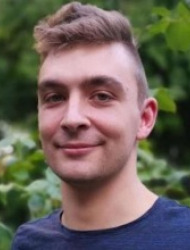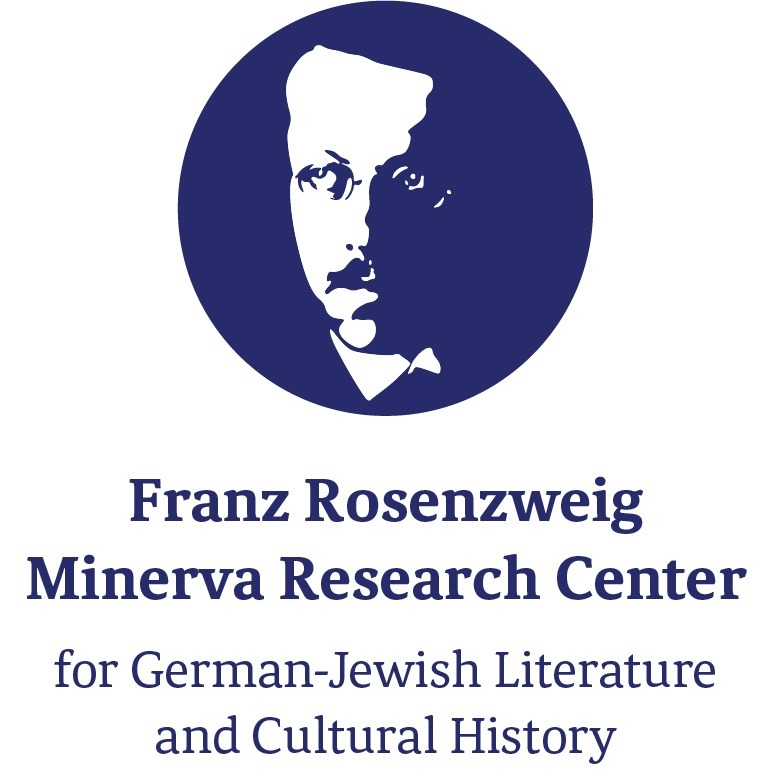
Ansgar Martins is a graduate of the Goethe University in Frankfurt where he studied philosophy of religion, sociology and history and is currently undertaking his doctoral research at the Buber Rosenzweig Institute. His research interests include modern Jewish philosophy and religio-political constellations such as the nexus between Marxism and theology, with a particular focus on transformations of the sacred in the twentieth and twenty-first centuries. Most recently, he held a fellowship in the DFG-funded research group Theology as an Academic Discipline at the Goethe University. Awards to date include full undergraduate and postgraduate scholarships from the Studienstiftung des deutschen Volkes, a grant from the Pestalozzi Foundation (Frankfurt) and a C. H. Beck Fellowship at the Deutsches Literaturarchiv in Marbach. He has published widely on Frankfurt School Critical Theory and the history of occult thought in Germany and its entanglement with racist and antisemitic ideologies. His most recent book-length publication, The Migration of Metaphysics into the Realm of the Profane. Theodor W. Adorno Reads Gershom Scholem, a translation of his MA dissertation funded by Geisteswissenschaften international, came out with Brill in 2020.
Dissertation Project
Theology in the Realm of the Profane. The Concept of Religion in Siegfried Kracauer’s Philosophy
Siegfried Kracauer (1889-1966) presented his philosophy as a conduit facilitating a transition from the religious search for “meaning” to a critical philosophy of culture. The titles of his final two monographs referred expressly to this mediated form of theology: Theory of Film: The Redemption of Physical Reality (1960) and History: The Last Things Before the Last (published posthumously in 1969). For Kracauer, the historical universe on which the camera lens and the historian focus was merely the “anteroom”, the ultimaty reality before the actual ultimate reality. My reconstruction is structured around three key parameters: firstly, the forms of political messianism prevalent in the period between the two world wars; secondly, modes of identity construction prevalent among twentieth-century German Jewish intellectuals; and, thirdly, broader issues pertaining to the transformation of religion and religions in the modern and postmodern world. Kracauer’s position evolved in the context of often polemical debates with various thinkers ranging from the early Frankfurt School to various New York intellectuals. What seems to emerge from this engagement is an insistence on “theology” as a means of allowing human beings to feel at home in the physical “reality” that surrounds them and a messianic vision that was, at all times, entirely inextricable from his political concerns.
Research Fellow 2021-2022
Visiting Research Fellow 2022-2024

